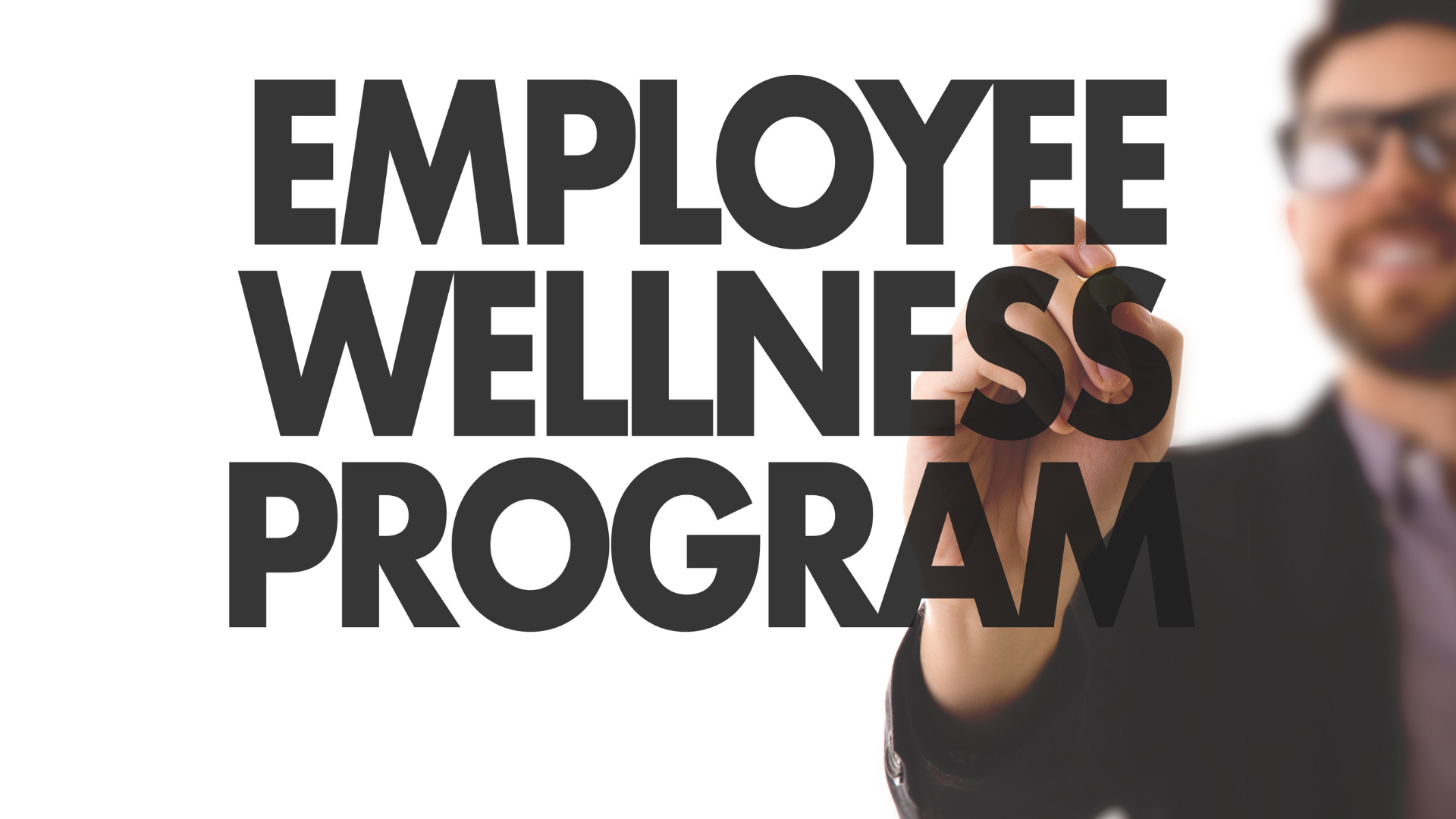In a world where career paths are increasingly non-linear, it’s not uncommon for professionals to seek deeper meaning in their work — especially when they’ve already checked all the boxes of stability and status. In our experience, we’ve noticed that some of the most passionate corporate trainers, facilitators, and team coaches are those who have transitioned from very different walks of life. This post explores one such journey — from the rigid halls of corporate law to the vibrant, dynamic world of corporate facilitation.
A Familiar Beginning: The Corporate Comfort Zone
Table of Contents
For a while after graduating from law college, I felt completely at a loss about what I was supposed to do next. I had two options with my degree – get into corporate law and work with a company, or get into litigation and work as an independent advocate. I chose the former and hoped it would lead me to my true passion.
From my experience, I can say there are clear advantages to being a desk-bound corporate worker:
- A structured routine
- A high-paying role
- Access to technology
- A stable work environment
- Less physical demand and exposure to risk
But deep down, I wasn’t built for the desk. I was an explorer — someone who thrived on human interaction, lived for stories, and was fueled by curiosity.
The Inner Conflict: When Skills Don’t Meet Satisfaction
The legal work was intellectually challenging, no doubt. Drafting contracts, dissecting laws, engaging in negotiations — it called for precision and sharp thinking. But the lack of a human touch was deeply unsettling.
In my experience, that’s one of the most underappreciated elements in job satisfaction: the sense of purpose. Many high-performing employees experience burnout not because of the work itself but due to the absence of connection — with people, with impact, and with meaning.
A Turning Point: Discovering Facilitation
Over the years, I participated in several team-building workshops and leadership development programs during offsites. One such session was with the team at FocusU. The moment I interacted with the facilitators, something clicked.
They were different — lighthearted yet deeply insightful, warm yet structured, spontaneous yet professional. It was a seamless blend of emotional intelligence, practical learning, and genuine passion. I found myself thinking, “Could this be what I’m meant to do?”
As someone working in law, I was familiar with structured thinking and strong communication — two important corporate trainer skills. But the facilitators seemed to have something more —presence, empathy, and the ability to bring teams together.
Making the Leap: From Law to L&D
In the summer of 2016, I approached one of the FocusU facilitators. After a few conversations, some interviews, and a gut-driven leap of faith, I joined the team. What struck me first wasn’t the training content or the facilitation tools. It was the values — Care, Humility, Ownership, Passion, and Safety — that every team member lived and breathed.
Within the first few months, I was immersed in:
- Corporate trainer certification programs
- Facilitator learning and development workshops
- Learning about corporate training for managers
- Hands-on experience delivering corporate team building training across India
It was a world far removed from legal briefs and courtroom silence. It was interactive, energetic, creative — and most importantly — impactful.
The Facilitator’s Role in a Corporate World
In our experience at FocusU, the role of a facilitator is multifaceted. A corporate trainer today is not just someone who delivers content but someone who transforms mindsets.
As facilitators, we:
- Help teams build trust and cohesion
- Equip leaders with the skills to adapt and inspire
- Spark conversations around psychological safety, accountability, and collaboration
- Co-create learning journeys aligned with organizational development goals
We often say that a good facilitator doesn’t give answers — they ask the right questions. They hold space for learning to emerge, rather than stuffing content into a schedule.
Related Read: What is the difference between training and facilitation?
What Makes Facilitation So Rewarding?
Each workshop offers an opportunity to connect, learn, and grow. As someone who transitioned from a solitary and structured profession, I cherish the spontaneity and depth of human connection this role offers.
The work is physically demanding. You’re always on the move. But you’re also always evolving.
Some days, you’re helping a team navigate conflict; on others, you’re designing a corporate training program for mid-level managers. From first-time manager training to executive coaching, the spectrum is vast and ever-changing.
And that’s what makes it exciting.
What I’ve Learned About Facilitators and Trainers
After years of being on this path, I’ve realized that successful facilitators share some key attributes:
- Clarity of purpose
- A learner’s mindset
- A mix of structure and flexibility
- Deep interpersonal awareness
- The ability to create a safe and inclusive learning space
Many of these can be nurtured through corporate trainer training and corporate training certification programs, but the real magic comes from practicing in the field—being with people, adapting in real time, and reflecting constantly.
Related Read: 3 Attitudes for a Facilitator
Advice for Aspiring Trainers and Facilitators
If you’re a corporate employee contemplating a shift toward L&D or facilitation, here are a few insights from my journey:
- Start by attending workshops with the eyes of a facilitator, not just a participant.
- Read up on learning design, adult learning principles, and storytelling as a training tool.
- Shadow experienced facilitators or attend a corporate trainer certification program.
- Build your communication and observation skills.
- Most importantly, ask yourself: “Do I genuinely enjoy helping people grow?”
What Organizations Should Know
From a corporate L&D perspective, having certified trainers and facilitators on your team is a strategic asset. We’ve seen how organizations that invest in facilitator-led training for employees —especially in areas like soft skills, team dynamics, and leadership development — witness stronger engagement and better collaboration.
Whether you’re looking for:
- Corporate training for employees
- Corporate trainer facilitator support
- Leadership development programs
- Or to build your internal L&D capabilities
… facilitation is not just a delivery mechanism — it’s a culture-shaping capability.
Related Read: FocusU’s Approach to Facilitation
Final Thoughts
Looking back, I’m incredibly grateful that I chose to walk away from a high-paying, stable career in law to chase something that lit me up from within. I’ve found my purpose in facilitation — a role where every day brings learning, laughter, impact, and growth.
To anyone who’s sitting at the edge of a career cliff, wondering whether to jump, I offer this:
“You are never too old to set another goal or to dream a new dream.” – C.S. Lewis
This isn’t just a quote on a wall. It’s real. It’s possible.
And you don’t have to do it alone.










